Ecclesiastes, Part 1: Methods of The Preacher
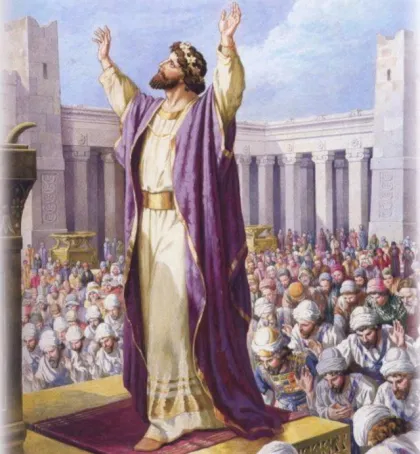
Ecclesiastes, Part 1: Methods of The Preacher
Before beginning a commentary on Ecclesiastes, let me first make the confession that none of my commentaries on Scripture are founded on worldly learning. I never went to Bible school, I never studied other mens’ commentaries, and I have little idea what the supposedly learned men say about most aspects of Scripture, or about individual books of Scripture. Neither am I going to research any of them for any particular commentary. With only a few exceptions, on the infrequent occasions where I have tried to read a popular commentary on a portion of Scripture, I have been disappointed, and sometimes even angered by what I have seen. For the most part, my only experience with the popular commentaries is through the editing work which I have done for Clifton Emahiser, who quotes from them frequently.
So when I write my own commentaries, I seek out only what information I can glean from or about the oldest available manuscripts, and I base my commentaries on what I have come to understand from Scripture itself and from classical histories and whatever I remember from my own readings of these and other works, such as the apocryphal literature or the ancient inscriptions of the neighboring cultures. Therefore, whether I say anything new, or whether I repeat anything old, for me to contend with or to mimic any of the traditional commentaries is not premeditated. Rather, I only seek to provide a discussion of Scripture through the lens of that proper covenant theology which is found in our Christian Identity understanding.

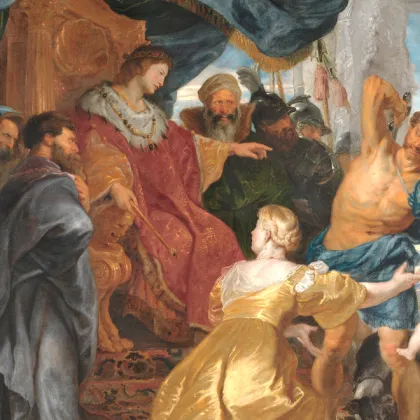
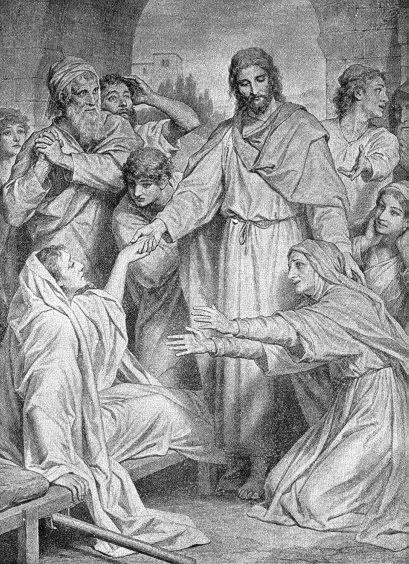
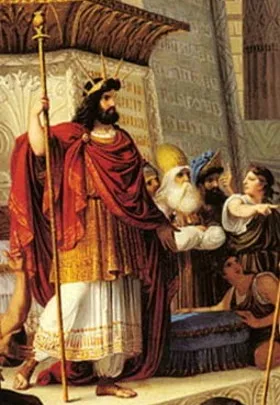
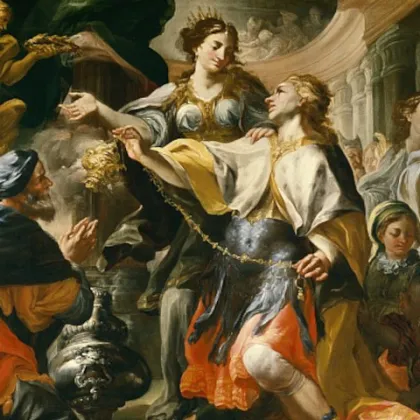

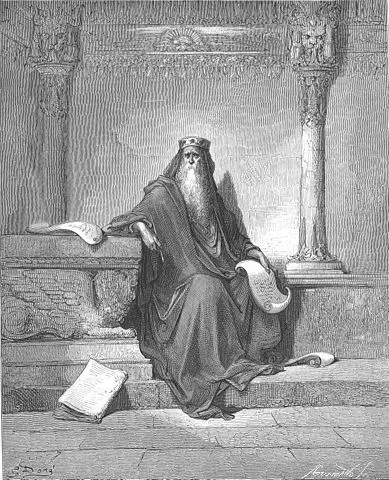

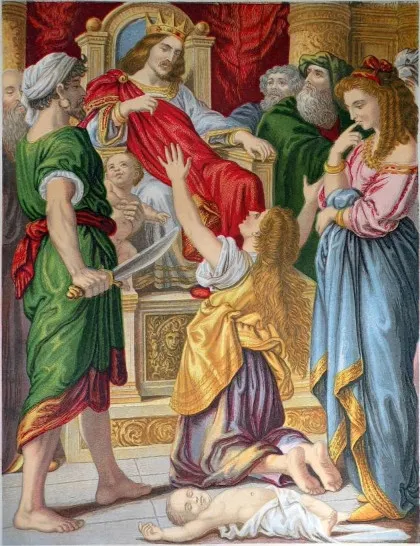





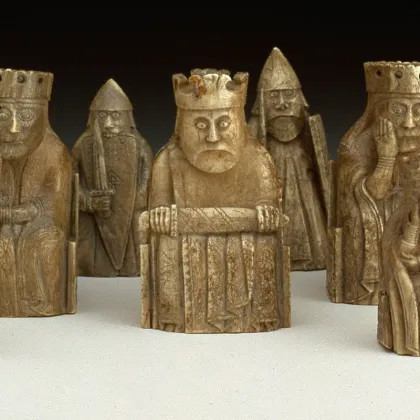




 Please click here for our mailing list sign-up page.
Please click here for our mailing list sign-up page.







